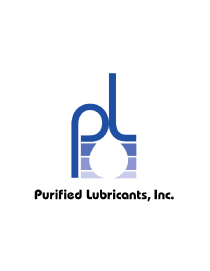Numerous methods have been developed to selectively remove water and other volatile contaminants from hydraulic and lubricating fluids. These methods include absorbent filter media and regenerable adsorbent packings and the like.

Numerous methods have been developed to selectively remove water and other volatile contaminants from hydraulic and lubricating fluids. These methods include absorbent filter media and regenerable adsorbent packings and the like.

Much has been said about particle contamination and its effect on component longevity. It is well known that an improvement in particle contamination by one ISO Cleanliness Code can result in a 10 to 30 percent increase in the life of contamination-sensitive components such as hydraulic valves, pumps, and journal and rolling element bearings.

Another common rating for filters is the absolute rating. An absolute rating gives the size of the largest particle that will pass through the filter or screen. Essentially, this is the size of the largest opening in the filter although no standardized test method to determine its value exists. Still, absolute ratings are better for representing the effectiveness of a filter over nominal ratings.

Most hydraulic systems will operate using a variety of fluids. These include multigrade engine oil, automatic transmission fluid and more conventional antiwear hydraulic oil.

Going “green” by becoming ecologically and environmentally responsible is an excellent practice that does not always have to cost your organization money. In many cases, it can actually save money. A number of industries have begun reclaiming or recycling used oil because it makes good business sense. These include automotive manufacturers, steel mills, paper mills, sugar mills, process plants and power generation plants.

